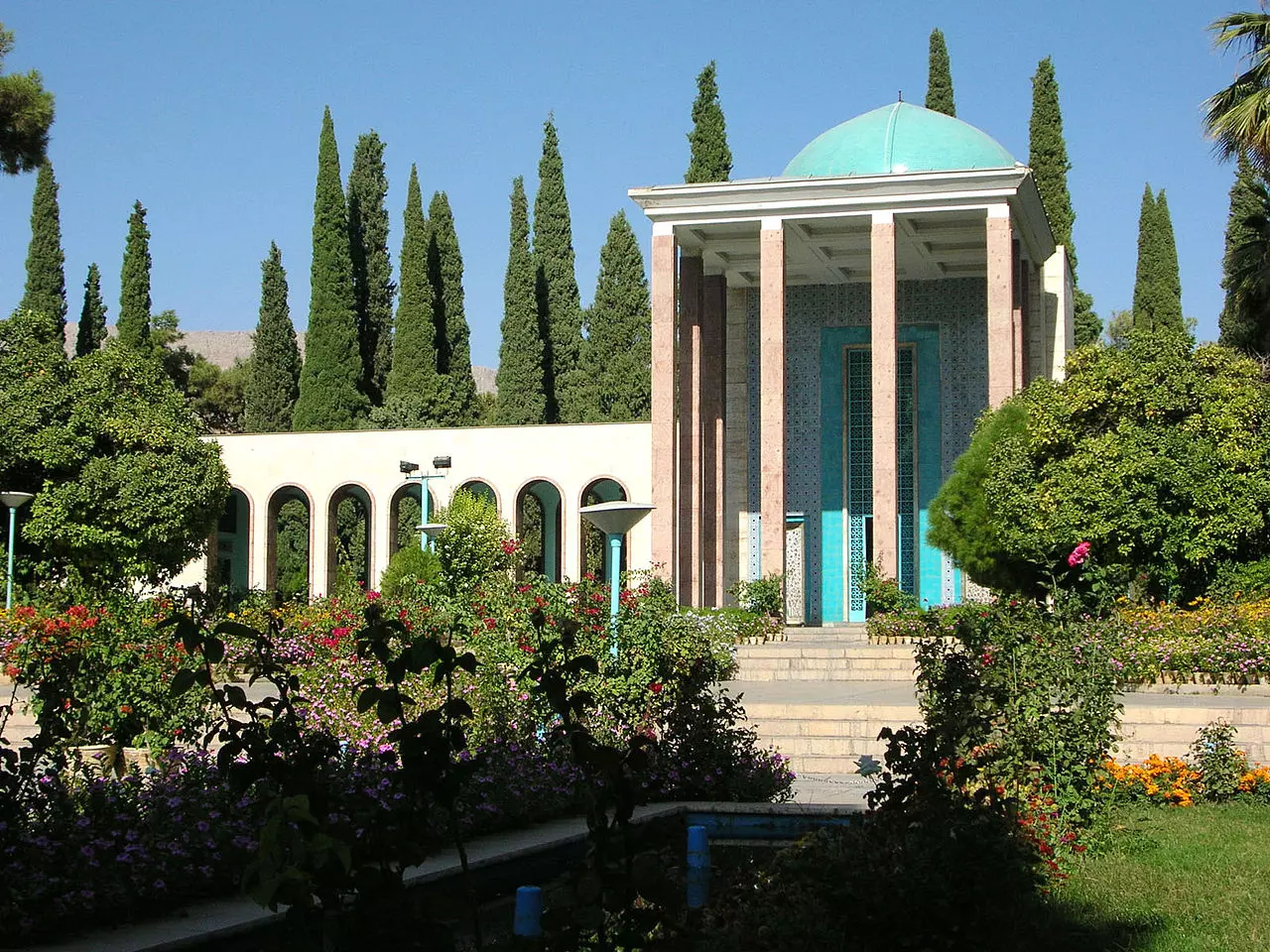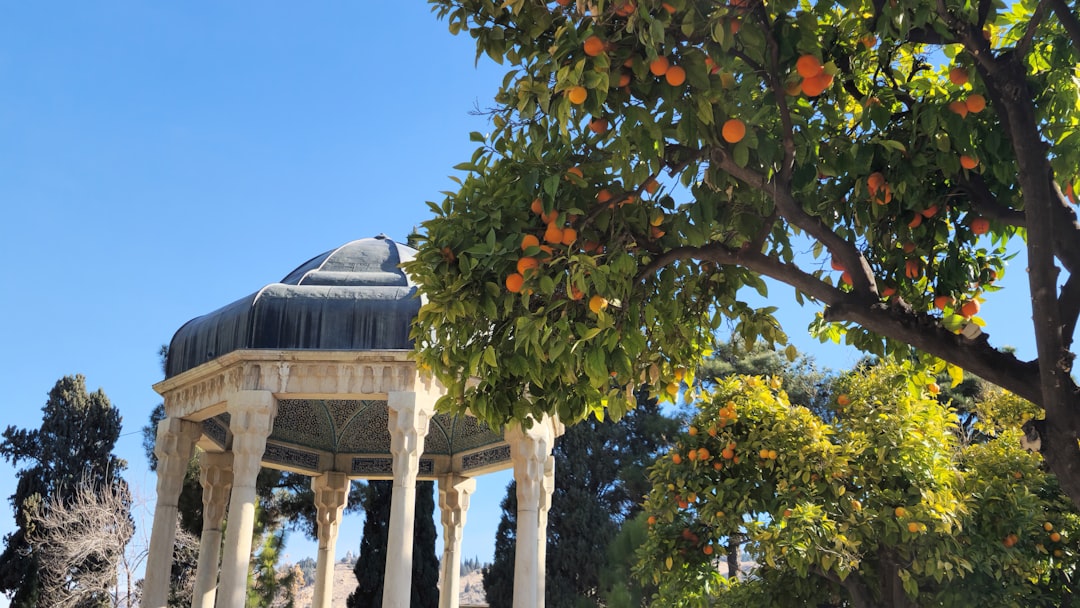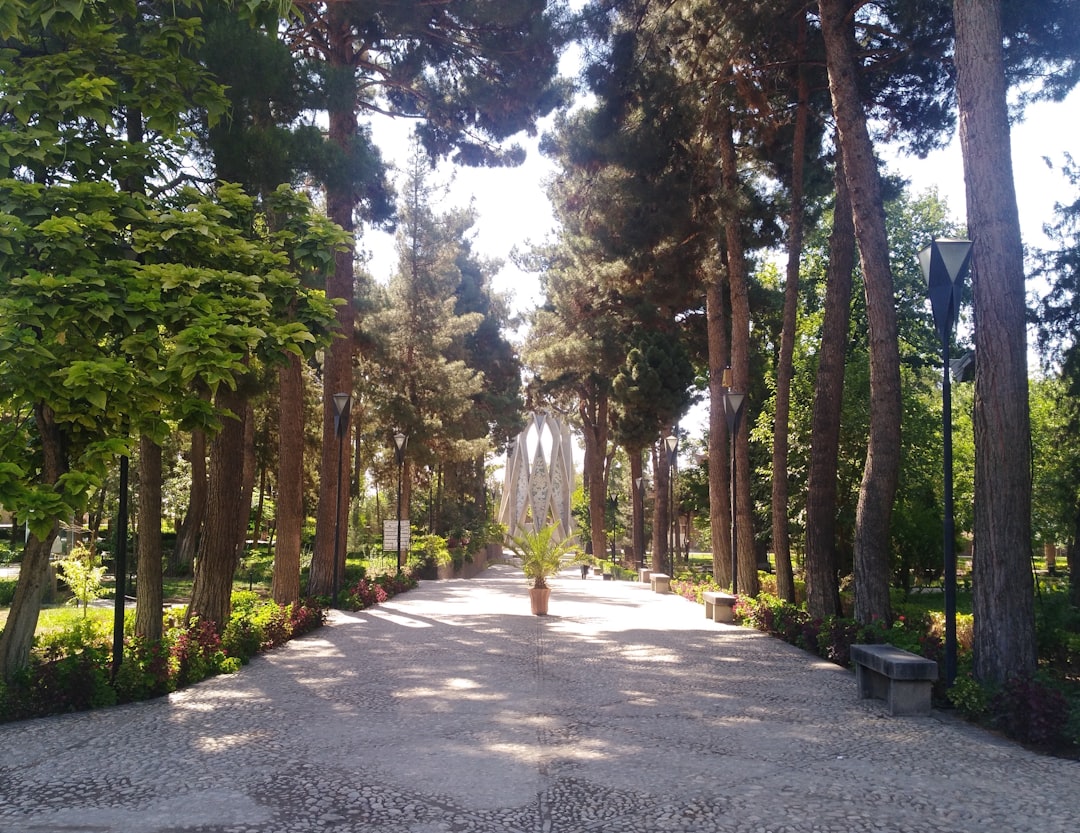Among the luminous stars in the sky of Persian literature, Saadi Shirazi holds a place of timeless honor. Born in the 13th century in the beautiful city of Shiraz, Saadi was not only a gifted poet but also a traveler, thinker, and teacher whose writings continue to resonate with audiences around the world. Best known for his two masterworks, the Golestan (“The Rose Garden”) and the Bustan (“The Orchard”), Saadi offers more than eloquent verses—he shares human wisdom dressed in poetic beauty.
Let’s step into Saadi’s garden of stories and wisdom.
A Life of Learning and Travel
Saadi was born around 1210 CE, during a turbulent time of Mongol invasions. He left Shiraz in his youth to study in Baghdad at the renowned Nizamiyya school, and then set off on a series of travels that took him through the Middle East, North Africa, and Central Asia. These journeys gave him first-hand experience with the people, cultures, and hardships of the world—experiences that deeply informed his writing.
By the time he returned to Shiraz later in life, Saadi had become a wise observer of human nature, and his works reflect a profound understanding of both earthly affairs and spiritual truths.
The Bustan: Ethics, Virtue, and the Scent of Sufism
The Bustan (1257 CE) is written entirely in verse and organized around themes such as justice, generosity, love, humility, and contentment. It reads like a guide to ethical living, flavored with Sufi mysticism.
Each chapter contains stories—some drawn from Saadi’s life, others legendary or historical—that illustrate moral lessons. But what sets the Bustan apart is Saadi’s ability to weave entertaining storytelling with profound reflection.
Example (translated):
"A virtuous man who sits with the wicked
Soon forgets the taste of his own goodness."
The Bustan encourages readers to cultivate virtues not for show, but from sincere inner growth. It’s a book that offers not commands, but gentle invitations to be better.
The Golestan: Prose, Poetry, and the Art of Living
The Golestan, written a year after the Bustan, is perhaps Saadi’s most beloved work. It blends prose with short bursts of poetry, creating a rhythmic, almost musical reading experience.
Where Bustan is idealistic, Golestan is grounded—focused on the everyday realities of human behavior, often with humor and irony. It touches on themes of manners, love, old age, tyranny, humility, and wisdom. It’s filled with pithy sayings, short stories, and observations that reveal the contradictions of life.
Famous Line from the Golestan:
"Human beings are members of a whole,
In creation of one essence and soul.
If one member is afflicted with pain,
Other members uneasy will remain."
This verse is engraved at the entrance of the United Nations building in New York—a reminder that Saadi’s message of unity and compassion is universal.
Why Saadi Still Matters
Saadi’s writings are a treasure chest of insight—philosophical, practical, and deeply human. He does not preach from a pedestal. Instead, he sits beside you and tells you a story, letting the lesson bloom naturally.
In an age of quick content and endless noise, Saadi offers something rare: a chance to pause, reflect, and laugh at our own follies. Whether you are seeking wisdom, humor, spiritual guidance, or just a good story, Saadi has something for you.
Saadi in Iranian Culture
In Iran, Saadi’s influence is everywhere—from schoolbooks to street names. April 21st is celebrated as Saadi Day, honoring his life and legacy. His tomb in Shiraz, set in a peaceful garden, is a popular cultural and literary pilgrimage site.
Children grow up hearing his stories. Elders quote him to offer advice. And lovers of Persian literature return to his books time and time again, discovering something new with each visit.
Final Thoughts
Saadi’s Bustan and Golestan are more than literary masterpieces—they are mirrors for the human soul. They remind us that wisdom doesn't have to be dry, that stories can teach, and that kindness and humility never go out of style.
So if you’ve never read Saadi before, open the Golestan and let his garden welcome you. You might find yourself smiling at a clever story, pausing over a line that stirs your heart, or seeing yourself in the flaws and virtues of his characters.
In Saadi’s world, every thorn has a lesson, and every rose a voice.





